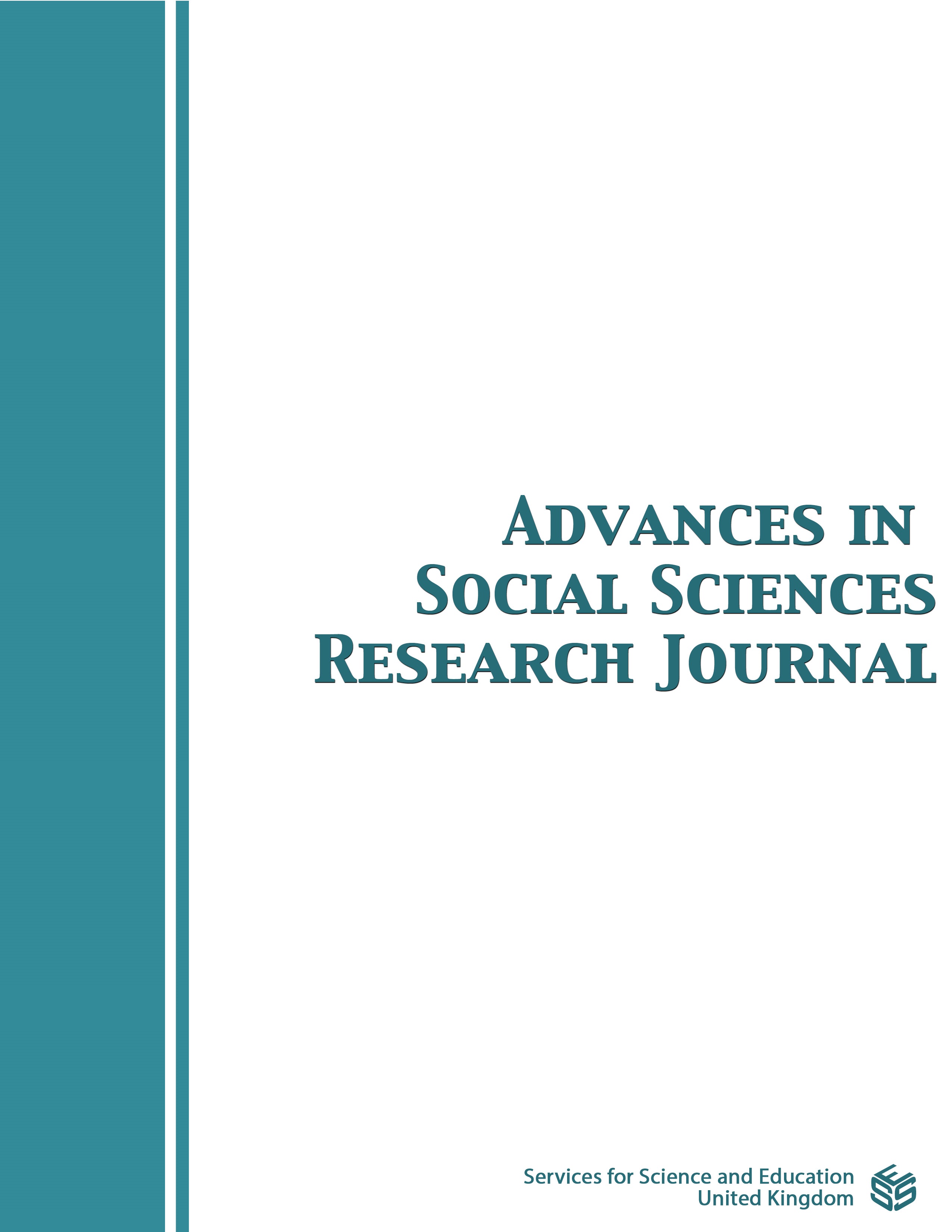Flexible Work Arrangements, Job Satisfaction and Family Satisfaction: The Spillover Effect of Work-Family Conflict
DOI:
https://doi.org/10.14738/assrj.117.17325Keywords:
Flexible Work Arrangements, Work-Family Conflict, Job Satisfaction, Family Satisfactions, Spillover EffectAbstract
Since its beginning, the pandemic has forced many organizations to adopt new norms, offering more flexible work arrangements. Yet, there is limited knowledge on how these arrangements, particularly flextime, could affect the work-family conflict (WFC) and its consequences on both job and family satisfaction. Despite this, there has been limited research on the spillover effect of WFC, concentrating on cross-domain effects on both job and family satisfaction in Eastern culture. Hence, the aim of this study is to investigate the spillover effect of WFC on job and family satisfaction among academicians from selected Malaysian public universities. The web-based survey questionnaire was employed, and statistical analyses were performed using SPSS software. Flextime was found to have a significant negative association with both WIF and FIW. Furthermore, the findings revealed that WIF has a stronger spillover effect on cross-domains, notably family satisfaction. FIW has a greater impact on its own domain specificity, namely family satisfaction. Thus, the study contributes to our understanding of the spillover effect of WFC on cross-domains, particularly in Eastern contextual cultures, and helps to provide additional insight into family-friend policies intended to reduce the occurrence of WFC, leading to a better balance of work and personal responsibilities.
Downloads
Published
How to Cite
Issue
Section
License
Copyright (c) 2024 Farah Shazlin Johari, Siti Nurul Akma Ahmad, Siti Norashikin Bashirun, Nurhafizah Mohd Zolkapli, Nor Maslia Rasli Samudin

This work is licensed under a Creative Commons Attribution 4.0 International License.
Authors wishing to include figures, tables, or text passages that have already been published elsewhere are required to obtain permission from the copyright owner(s) for both the print and online format and to include evidence that such permission has been granted when submitting their papers. Any material received without such evidence will be assumed to originate from the authors.






